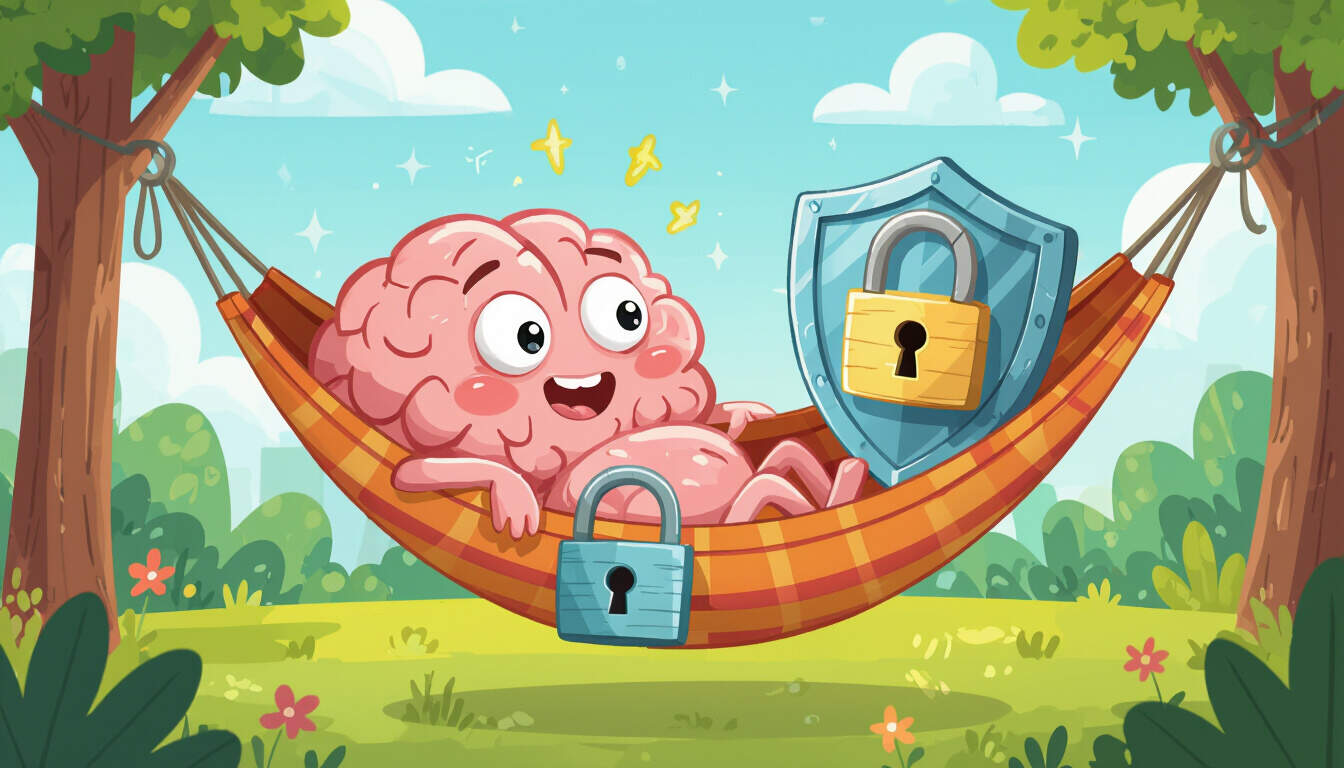Cybersecurity Practices for Reducing Mental Overload
 by Lilian Nienow
by Lilian Nienow
Explore how simple cybersecurity habits can ease daily worries and free up mental space. By adopting straightforward strategies, individuals can minimize stress from digital threats, leading to better focus and productivity in daily routines.

In our busy lives, the constant worry about digital threats can add unnecessary weight to our minds. This burden often contributes to mental overload, making it harder to concentrate on important tasks. Simple cybersecurity practices offer a way to lighten this load, allowing for clearer thinking and more efficient daily routines.
Why Cybersecurity Matters for Mental Well-Being
Many people carry the stress of potential data breaches or online scams without realizing its impact. By addressing these concerns, we can create a safer digital environment. For instance, basic security measures help reduce the fear of losing personal information, which in turn supports overall mental clarity.
One effective approach is to focus on regular device updates. Keeping software current prevents vulnerabilities that could lead to problems. Updates ensure that your devices are protected, freeing you from constant anxiety about attacks.
Practical Tips for Everyday Protection
To make cybersecurity a seamless part of life, start with a few key habits. These steps are easy to implement and can significantly cut down on mental clutter.
- Use strong, unique passwords for different accounts to avoid the risk of widespread breaches.
- Enable two-factor authentication where possible, adding an extra layer of security without much effort.
- Regularly back up important files to cloud services or external drives, providing peace if something goes wrong.
For example, managing passwords doesn't have to be overwhelming. A dedicated tool can handle this for you. Password management tools store and generate secure codes, letting you forget about memorization and focus on other priorities.
Another helpful tip is to be mindful of phishing attempts. Recognizing suspicious emails or messages early can prevent issues. By staying aware, you reduce the chance of falling for scams, which eases ongoing worries.
Integrating These Habits into Daily Life
For students juggling classes and assignments, incorporating cybersecurity can mean less distraction from studies. Professionals in fast-paced jobs can benefit by dedicating a few minutes each week to check settings, turning a potential stressor into a routine task.
Consider setting aside time, perhaps during a weekly review, to scan for updates or review security settings. This proactive step helps build confidence in your digital safety, allowing more energy for creative work or relaxation.
In practice, combining these efforts with other daily routines can enhance results. For instance, while preparing for work, quickly check your device's security status. Over time, this becomes second nature, reducing the mental energy required.
The Role of Awareness in Long-Term Benefits
Building awareness about common threats is key to sustaining these practices. Learning about basic risks, such as malware or unauthorized access, empowers individuals to act confidently. Awareness of these issues leads to better decisions and less mental strain over time.
For those interested in cognitive science, this ties into how offloading digital worries can improve focus and memory. By securing your online presence, you create space for more meaningful activities, like learning or connecting with others.
Encouraging Steps for Everyone
Anyone can start small with cybersecurity to see immediate effects. Begin by assessing your current habits and identifying areas for improvement. The goal is not perfection but steady progress that supports mental ease.
Remember, these practices are about creating balance. As you implement them, notice how they contribute to a calmer mind and enhanced productivity. With consistent effort, the benefits extend beyond security, fostering a more relaxed approach to everyday challenges.
By prioritizing these strategies, individuals from all walks of life can achieve greater mental freedom. The key is to view cybersecurity as a supportive tool, one that aligns with personal growth and well-being.
